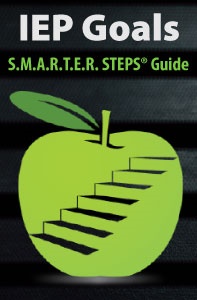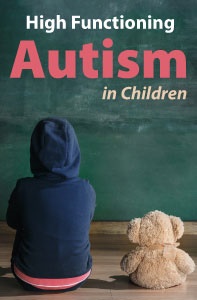SALE
$14.5
REG. $29

Related Courses

IEP Goals: S.M.A.R.T.E.R. STEPS® Guide

Helping Your Young Client Persevere in the Face of Learning Differences

High Functioning Autism in Children
How Temperamental Differences Affect Young Children
Lauren Ehrenreich, MSSA, LISW-S
CE Credit: 2 Hours
Target Audience: Psychology CE | Counseling CE | Social Work CE | Occupational Therapy CEUs | Marriage & Family Therapy CE | School Psychology CE | Teaching CE
Learning Level: Introductory
Course Abstract
Part 1: 47 minutes, 48 seconds
Part 2: 56 minutes, 05 seconds
Part 3: 28 minutes, 43 seconds
Closeout Course #20-83 | 2014 | 14 posttest questions
Learning Objectives
Professional Development Resources is approved by the American Psychological Association (APA) to sponsor continuing education for psychologists. Professional Development Resources maintains responsibility for this program and its content. Professional Development Resources is also approved by the National Board of Certified Counselors (NBCC ACEP #5590); the Association of Social Work Boards (ASWB Provider #1046, ACE Program); the American Occupational Therapy Association (AOTA Provider #3159); the Commission on Dietetic Registration (CDR Provider #PR001); the Alabama State Board of Occupational Therapy; the Arizona Board of Occupational Therapy Examiners; the Florida Boards of Social Work, Mental Health Counseling and Marriage and Family Therapy (#BAP346), Psychology & School Psychology (#50-1635), Dietetics & Nutrition (#50-1635), and Occupational Therapy Practice (#34); the Georgia State Board of Occupational Therapy; the New York State Education Department's State Board for Mental Health Practitioners as an approved provider of continuing education for licensed mental health counselors (#MHC-0135), licensed marriage and family therapists #MFT-0100, and licensed social workers #SW-0664 (Note: New York counselors, marriage & family therapists, and social workers will receive 2 continuing education credits for completing this self-study course); the Ohio Counselor, Social Worker & MFT Board (#RCST100501 - Note: Ohio MFTs completing this course will receive 2 clinical continuing education credits); the South Carolina Board of Professional Counselors & MFTs (#193); the Texas Board of Examiners of Marriage & Family Therapists (#114) and State Board of Social Worker Examiners (#5678); and is CE Broker compliant (#50-1635) (all courses are reported within two business days of completion).
This video course provides instant access to the course video, course handout, and the CE test. The CE test is open-book (you can print the test to mark your answers on it while watching the course video).
Successful completion of this course involves passing an online test (80% required, 3 chances to take) and we ask that you also complete a brief course evaluation. Click here to learn more.
Have a question? Contact us. We’re here to help!
Lauren Ehrenreich, MSSA, LISW-S, graduated from Case Western Reserve University as a licensed independent social worker and social work supervisor. For 13 years she has been treating children, adolescents and adults individually and as a family/marriage therapist. Lauren is trained in CBT, DBT, psychodynamic theories, and family systems. Her focus is on strength based, holistic treatment tailored to the individual needs of the client.
Disclosure
Financial: Ms. Ehrenreich is a Licensed Social Worker in independent practice and receives speaker fees for her presentations.
Nonfinancial: No relevant nonfinancial relationship exists.
Customer Reviews